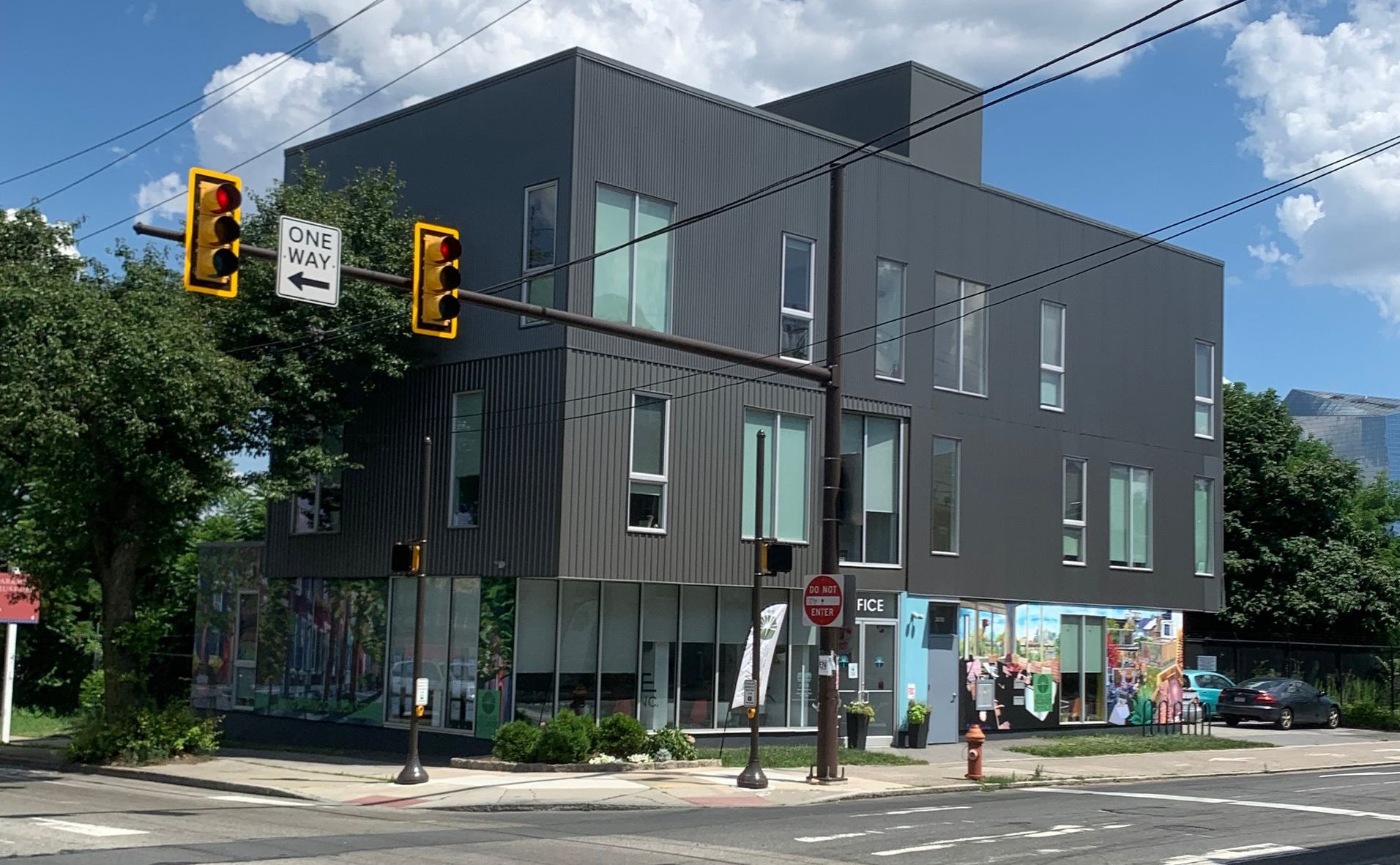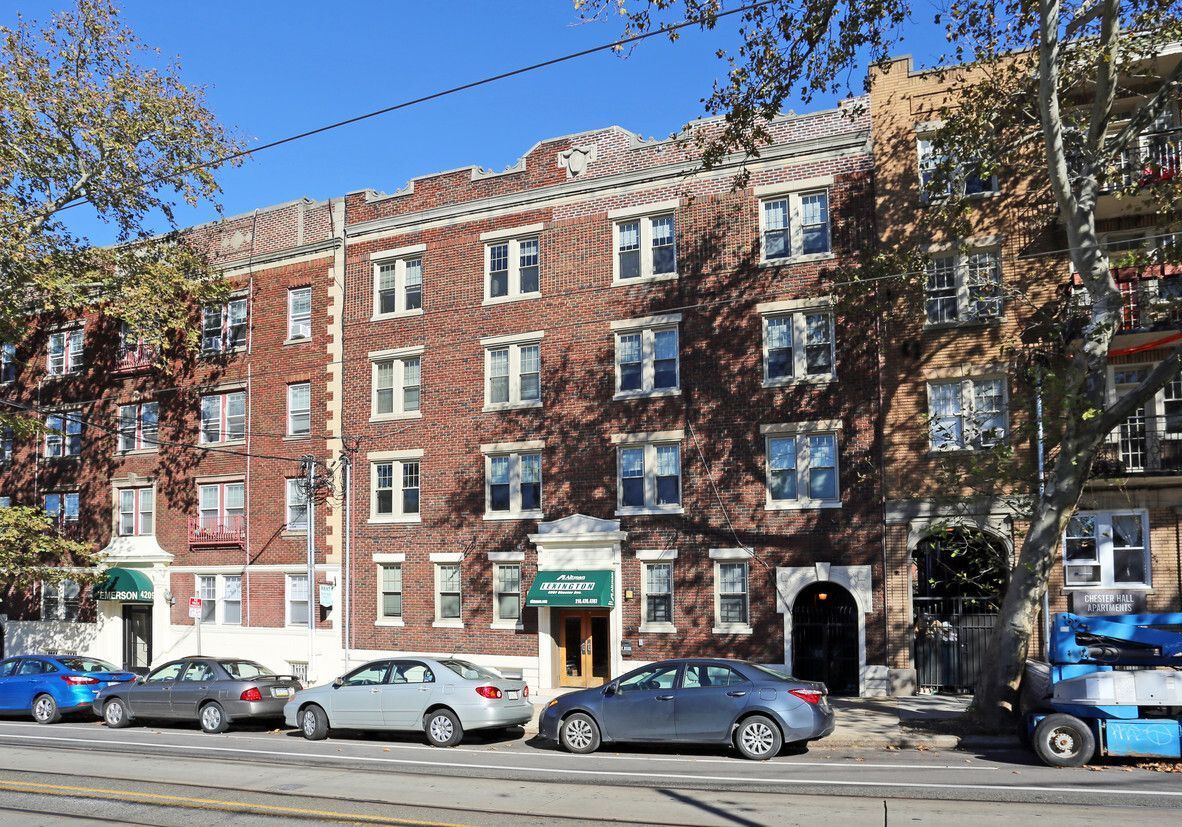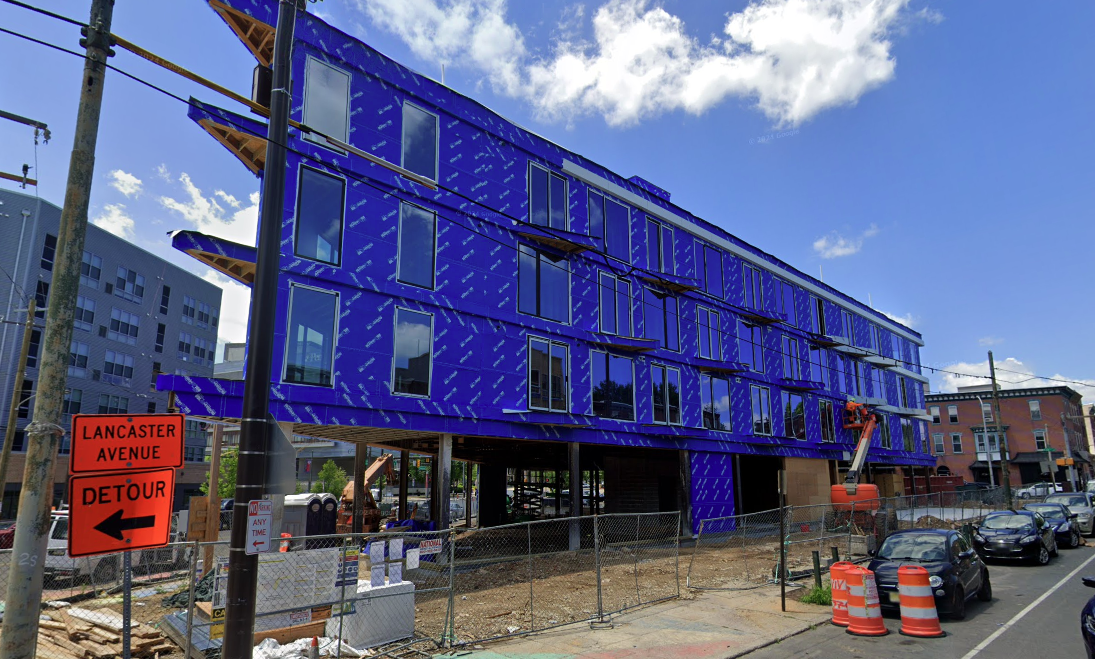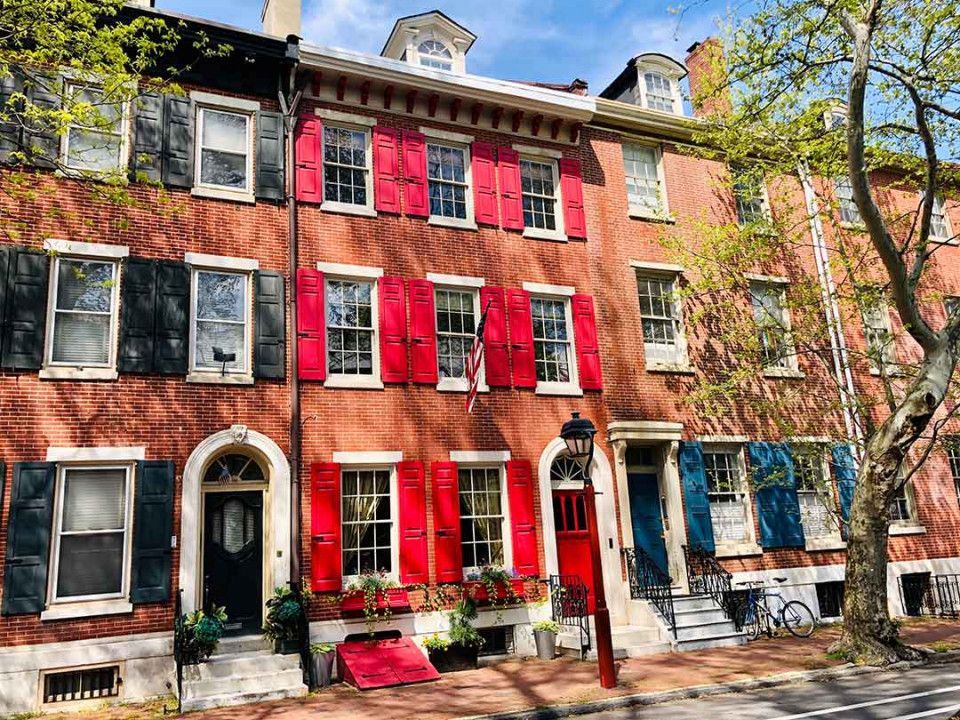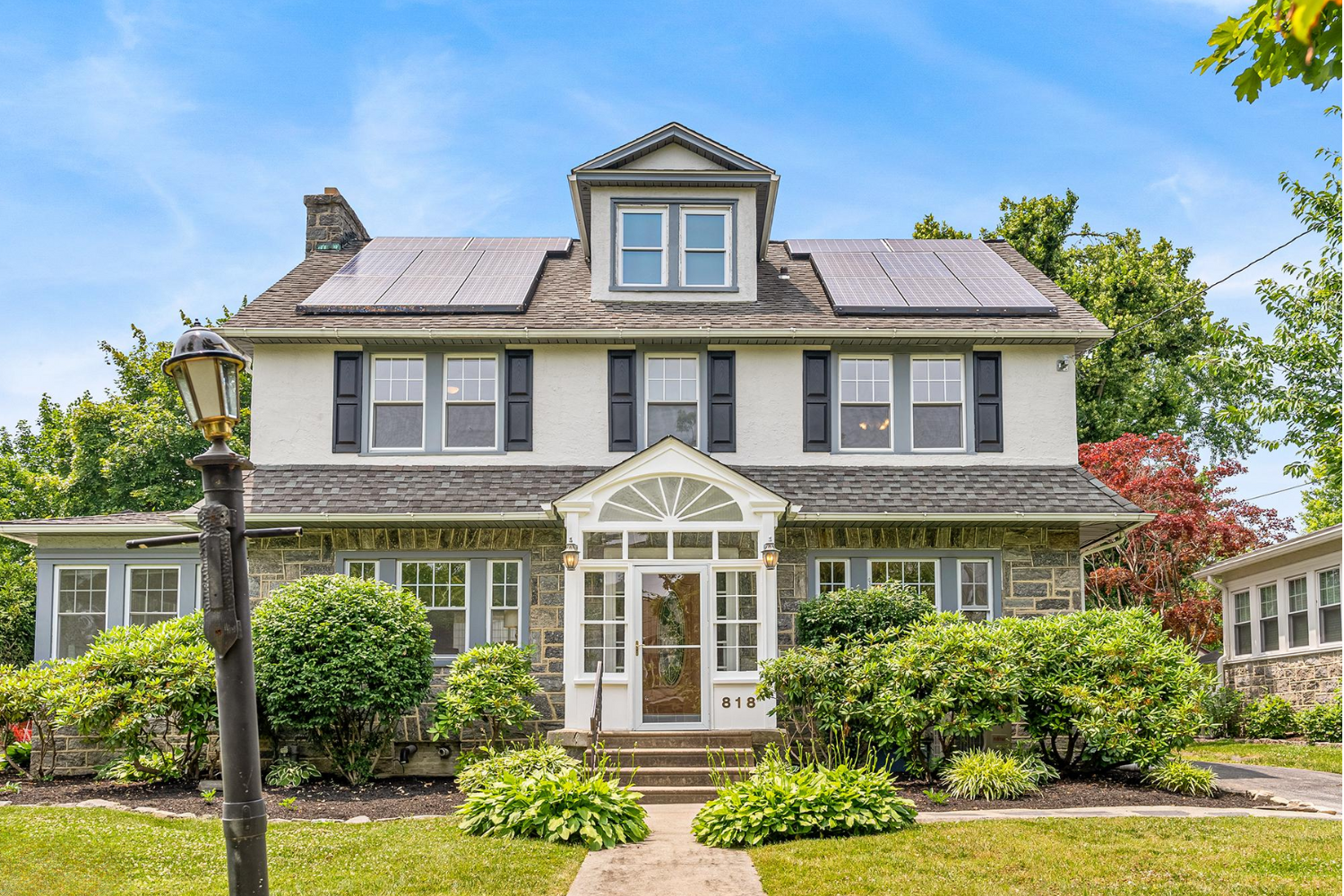The rise of Airbnb has transformed the global travel and hospitality landscape, offering a unique alternative to traditional hotels and vacation rentals. By providing an online platform for homeowners to rent out their properties to short-term guests, Airbnb has given travelers access to a wide range of accommodations, from urban apartments to rural retreats. However, the rapid expansion of Airbnb and similar short-term rental platforms has also had significant implications for the housing market, particularly in cities with high demand for rental properties. This blog post explores the impact of Airbnb on long-term rentals and looks to answer the question of whether or not Airbnb contributes to the housing crisis.
The Shift from Long-Term Rentals to Short-Term Rentals
One of the most direct impacts of Airbnb has been the conversion of properties from long-term rentals to short-term rentals. Property owners who might have previously rented their homes or apartments to long-term tenants are increasingly opting to list them on platforms like Airbnb. The allure is clear: short-term rentals often generate higher income compared to traditional long-term leases, especially in popular tourist destinations and cities with high demand for accommodation.
In cities like New York, San Francisco, and Barcelona, the growth of Airbnb has led to a significant reduction in the availability of long-term rental properties. For example, a study by the Urban Politics and Governance research group at McGill University found that in New York City, nearly 12,000 units that could have housed long-term residents were instead listed on Airbnb. This shift has reduced the overall supply of housing available for long-term residents, contributing to tighter rental markets and driving up costs.
The Impact on Rental Prices
As the supply of long-term rental properties diminishes, the demand for those that remain increases, leading to higher rental prices. This trend has been observed in many cities with a high concentration of Airbnb listings. A study conducted by the University of Massachusetts found that in Boston, a 12% increase in Airbnb listings led to a 0.4% increase in rent. While this percentage may seem small, the cumulative effect over time and across various neighborhoods can be substantial.
In cities where housing affordability was already a concern, the impact of Airbnb has exacerbated the situation. Renters, particularly those in lower-income brackets, find themselves competing for a shrinking pool of available housing, often resulting in being priced out of their neighborhoods. This displacement can have far-reaching social and economic consequences, contributing to increased inequality and the loss of community ties.
Gentrification and the Changing Fabric of Neighborhoods
Airbnb has also been linked to gentrification, particularly in urban neighborhoods that were once affordable but have become desirable to short-term visitors. As property values rise due to the profitability of short-term rentals, long-term residents—often from lower-income or marginalized communities—are increasingly unable to afford their homes. This process of gentrification is accelerated by investors who purchase properties specifically for short-term rental use, driving up real estate prices and altering the character of neighborhoods.
In cities like Lisbon, the proliferation of Airbnb has transformed historic districts into areas dominated by short-term rental properties, often at the expense of local residents. The result is a shift in the demographic and cultural composition of these neighborhoods, as long-term residents are replaced by transient visitors. This not only disrupts the social fabric of communities but also raises concerns about the sustainability of such changes, particularly in cities with limited housing stock.
Contribution to the Housing Crisis
The housing crisis is a multifaceted issue influenced by various factors, including economic conditions, population growth, and urbanization. However, the rise of Airbnb has undeniably played a role in exacerbating the crisis in many cities. By reducing the supply of housing available for long-term residents and driving up rental prices, Airbnb has contributed to the growing unaffordability of housing in many urban centers.
In some cases, entire neighborhoods have been effectively hollowed out as more properties are converted into short-term rentals. This trend is particularly concerning in cities where affordable housing is already scarce. For example, in Los Angeles, a city already grappling with a severe housing shortage, the rise of short-term rentals has been linked to increased homelessness, as more residents are unable to find affordable housing.
Moreover, the housing crisis is not just about the availability of housing but also about the quality of life for residents. As neighborhoods become dominated by short-term rentals, long-term residents often face disruptions from the constant turnover of visitors, noise, and a lack of community cohesion. This can lead to a decline in the overall livability of these areas, further contributing to the displacement of long-term residents.
Regulatory Responses and Their Effectiveness
Recognizing the impact of Airbnb on long-term rentals and the housing crisis, many cities have implemented regulations to curb the growth of short-term rentals. These regulations vary widely, from restrictions on the number of days a property can be rented out on platforms like Airbnb to requiring hosts to obtain licenses or pay taxes.
In New York City, for instance, strict regulations have been introduced to limit the ability of landlords to list entire apartments on Airbnb unless the host is present, and even then, the rental period cannot exceed 30 days. San Francisco has also implemented regulations that cap the number of nights a property can be rented short-term to 90 days per year, among other restrictions.
While these regulations are designed to protect the availability of long-term rentals and prevent the over-commercialization of residential neighborhoods, their effectiveness has been mixed. Enforcement remains a challenge, with many hosts finding ways to circumvent the rules, such as listing properties under different accounts or using multiple platforms.
Additionally, some critics argue that these regulations may inadvertently harm the sharing economy and reduce income opportunities for property owners, particularly in areas where short-term rentals provide a significant boost to the local economy. Balancing the needs of long-term residents with the economic benefits of short-term rentals remains a complex challenge for policymakers.
The Role of Investors and Corporate Hosts
Another significant factor in the impact of Airbnb on the housing crisis is the role of investors and corporate hosts. Unlike individual hosts who rent out a spare room or their primary residence, these entities often purchase multiple properties specifically for the purpose of listing them on short-term rental platforms. This practice has led to the commercialization of the Airbnb market, with entire apartment buildings or complexes being converted into short-term rental properties.
In some cities, the presence of corporate hosts has further reduced the availability of affordable housing, as these properties are effectively removed from the long-term rental market. This trend has raised concerns about the commodification of housing and its impact on housing affordability. Critics argue that housing should be treated as a basic human right rather than a commodity to be exploited for profit, and that the rise of corporate hosts on platforms like Airbnb undermines this principle.
The Future of Airbnb and Long-Term Rentals
As Airbnb and similar platforms continue to grow, their impact on long-term rentals and the housing crisis will likely remain a contentious issue. The future of the industry may depend on how effectively cities can regulate short-term rentals while balancing the interests of property owners, renters, and local communities.
Some cities have started to explore innovative solutions, such as creating designated zones for short-term rentals or requiring that a portion of short-term rental income be reinvested in affordable housing initiatives. Others are considering more radical approaches, such as banning short-term rentals in certain areas altogether.
The challenge for policymakers and communities is to strike a balance that allows for the economic benefits of short-term rentals while protecting the rights of long-term residents and ensuring housing remains affordable and accessible to all.
A Complex Issue with No Easy Solutions
The impact of the Airbnb industry on long-term rentals and the housing crisis is a complex and multifaceted issue. While Airbnb has provided economic opportunities for property owners and contributed to the growth of tourism, it has also exacerbated housing shortages, increased rental prices, and contributed to the displacement of long-term residents in many cities.
Addressing these challenges requires a nuanced approach that considers the needs of all stakeholders involved. As the housing crisis continues to unfold, it is crucial for policymakers, communities, and industry leaders to engage in ongoing dialogue and work together to find solutions that promote both economic vitality and housing affordability. Only through such collaborative efforts can we hope to mitigate the negative impacts of short-term rentals and ensure that cities remain livable for all residents.


